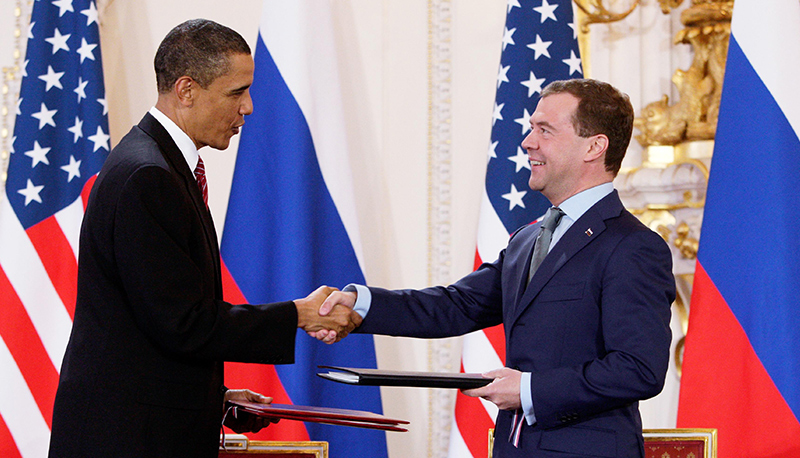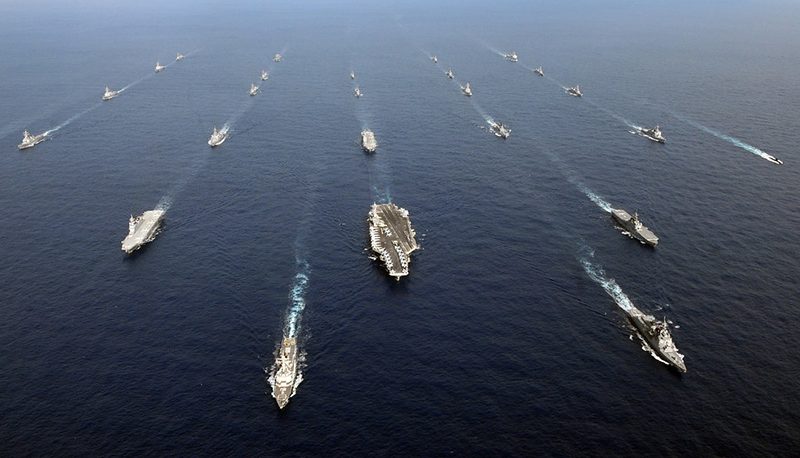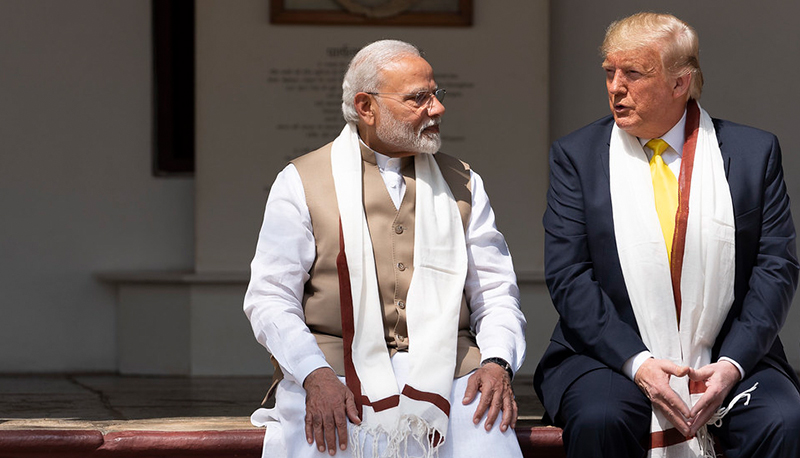
Geoeconomics and Great Power Competition
The central long-term national security challenge for the United States is strategic competition with China and Russia, which extends beyond the traditional domains of military and defense, to include economic, business, financial, technological, geostrategic, and political spheres. In a rapidly changing world, where the economies of the great powers are increasingly interconnected, geoeconomics are the most important weapon among rivals, and new technologies, particularly cyber, are creating new arenas for competition where international governance structures have not yet emerged and traditional security concepts, such as deterrence, are inadequate.
IGCC’s program on Geoeconomics, Innovation, and National Security consists of academic research, education, and international engagement covering the political economy of security, the reform of the U.S. defense acquisition system, the role of industrial policy on national security issues, and the national security implications of foreign direct investment.



















